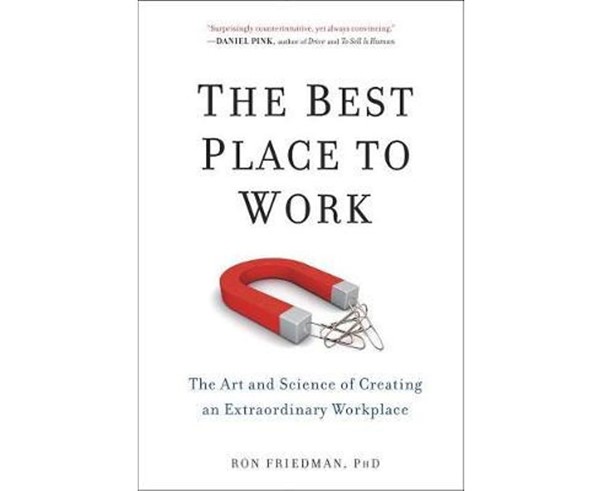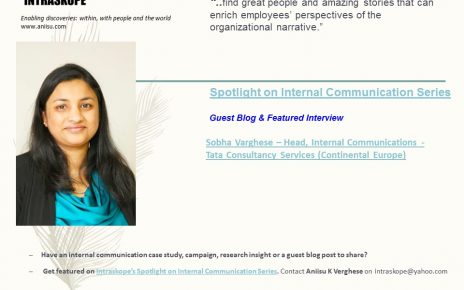I recently read Ron Friedman’s The Best Place to Work: The Art and Science of Creating an Extraordinary Workplace and it felt like going on a journey of self-discovery within the corporate realm. Published in 2014, this book continues to offer wisdom, drawing a roadmap for transforming workplaces into thriving ecosystems of productivity and fulfillment.
Despite its publication date, Friedman’s insights remain as pertinent today as they were upon release. In a world where organizational dynamics constantly evolve, the principles outlined in The Best Place to Work serve as a guidebook for navigating the complexities of modern workplaces. Here are the highlights.
Fostering Competence and Embracing Failure
One of the book’s central tenets revolves around nurturing competence and fostering a culture where failure is not just accepted but celebrated. This perspective challenges conventional notions of success, emphasizing the importance of learning and growth as catalysts for organizational excellence.
Data-Driven Insights
Friedman’s advocacy for data-driven decision-making shines through in his exploration of organizational practices. By aligning strategies with scientific findings, leaders can unlock latent potential and drive sustainable performance improvements.
Key Takeaways
Balancing Mind, Body, and Soul
Friedman’s emphasis on recognizing the holistic well-being of employees struck a chord with me. Too often, organizations prioritize physical amenities and wellness initiatives while neglecting the spiritual and emotional dimensions of engagement. By fostering a sense of purpose and belonging, leaders can create workplaces where employees thrive on a deeper level.
Recognition Over Rewards
Perhaps the most profound takeaway from The Best Place to Work is the notion that recognition and respect outweigh financial incentives in driving engagement. This paradigm shift challenges traditional notions of motivation, highlighting the intrinsic value of appreciation and acknowledgment.
Perspectives I Differed On
While Friedman’s holistic approach to workplace transformation resonated deeply, I found myself questioning the notion that organizational success hinges solely on achieving equilibrium within the ecosystem. While harmony undoubtedly plays a crucial role, I believe that true engagement stems from a multifaceted approach that acknowledges individual agency and autonomy.
I believe that In The Best Place to Work, Ron Friedman offers more than just a playbook for organizational success—he provides a blueprint for cultural transformation that leaders and communicators must take note of. By embracing failure, leveraging data-driven insights, and prioritizing holistic well-being, leaders can create environments where employees flourish and organizations thrive.
#gptw #bestworkplaces #metrics #survey #internalcomms #leadership #culture #transformation #employeengagement #employeeexperience



